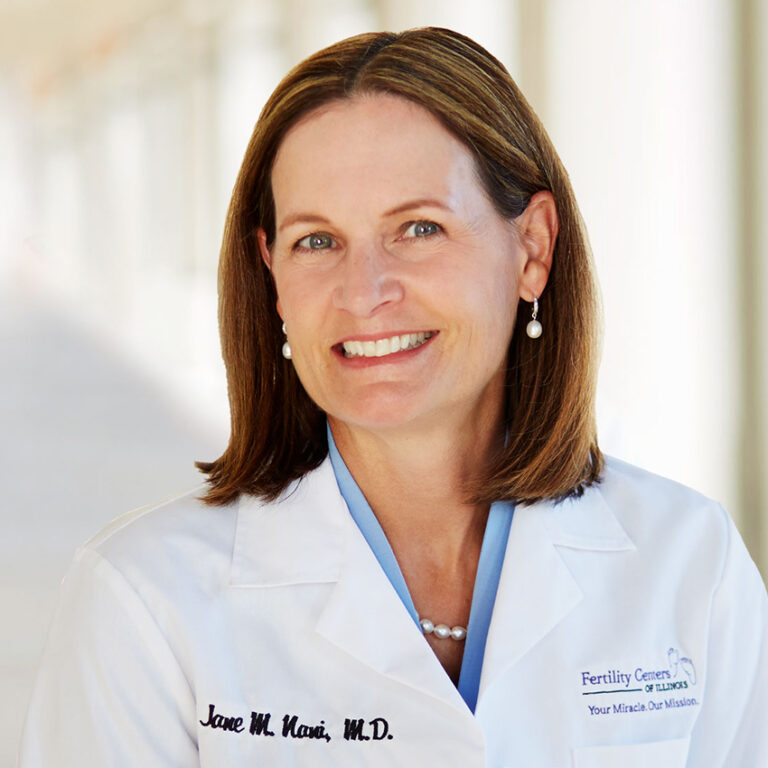Speaking with patients about their infertility can be a very delicate conversation. Although the majority of heterosexual couples are able to conceive on their own, those who have tried without success often appear in your office with a lot of anxiety. Many couples try on their own for years and only seek medical advice after they have reached the breaking point.
Women in particular worry that they are somehow defective and have already become isolated from family and friends with children. The good news is that physicians can offer childless couples more encouragement than ever before. Our medical understanding of the causes of infertility has progressed enormously over the past several decades. When one considers that the first IVF live birth occurred only 36 years ago, the rapid growth in fertility treatment over the past 3 decades has truly been exponential.
The field of Reproductive Endocrinology has expanded to include treatment options for couples that are now considered “standard of care”, that did not exist 30 years ago. As a specialty, fertility practices are seeing ever increasing pregnancy rates. Couples need not feel hopeless when the news is overwhelmingly good!
Patients should have access to the Society for Advanced Reproductive Technology (SART) data base that reports outcome statistics for IVF in individual practices throughout the country. It is in the couples’ best interest to familiarize themselves with success rates in their local clinics. SART reports on fresh pregnancy outcomes, as well as, success with embryo development to blastocyst stage, and success with frozen embryo transfers.
At Fertility Centers of Illinois, our most recent data, for 2015, shows the pregnancy rate per embryo transferring for women less than age 35 to be 56.3%, and the rate with frozen embryo transfer is 60.4% in the same age group. In today’s world, laboratories should have the ability to culture good quality embryos to day 5.
Couples who have even a basic understanding of clinical success, already come to the initial conversation with their physician with realistic expectations, and this is generally empowering for patients. Of course, not every infertile couple will require IVF, but a given clinical success speaks well about the overall prowess of the center.
Couples should be equipped to discuss their individual medical history with the physician, and be encouraged to ask questions. This allows the couple to feel partnered with their physician as he or she seeks to provide care. Couples should bring to their appointment a good sense of their own reproductive history, and any medical records indicating a diagnosis or previous therapies.
Couples should be informed about their family history, including reproductive history of the family, general medical history, and genetic disease history, if any. It is often seen in the melting pot of the United States that some couples are entirely unaware of their own ethnic background, and do not know their relative risk of carrying an autosomal genetic disease. The classic case among Caucasians is cystic fibrosis.
Many couples are completely unaware that they are each carriers of cystic fibrosis, until they have a child affected with the disease. The good news for patients is that a single blood test can analyze an individual’s carrier status on over 190 various autosomal genetic diseases. Couples who know their potential for genetic disease at the time they begin their infertility journey, are already way ahead in terms of their evaluation with the fertility specialist.
Other information, such as the regularity of the menstrual cycle, the success or failures of previous pregnancies, confirmation of ovulation, the home use of LH kits, and sperm evaluation are all important pieces of information for the fertility doctor.
In some cases, the previous medical history can make the diagnosis. Common causes are tubal infertility, anovulation, and male factor infertility. All of these, of course, are treatable. Sometimes the issue is diminished ovarian potential, usually the result of advanced maternal age. But even women of advanced age have options for having families. It is important for couples to know that the causes are varied and not one treatment is appropriate for all. Each couple is unique and needs to be treated as such, with individualization of care directed at the particular cause of infertility. Some couples are ultimately diagnosed with “unexplained infertility”.
However, this diagnosis has the most treatment options available and a significant number of patients will become pregnant without having to do IVF. Couples can come to the fertility clinic with their own set of limits of how far they would go with treatment. Patients, who know beforehand how much treatment they are comfortable with, maintain some control over their care.
Some couples know that they are fine with IUI, for example, but are not comfortable with IVF. Further, couples may want to pursue IVF, but would never consider moving on to egg donation even if they fail to conceive with IVF utilizing the female partner’s eggs.
The American Society for Reproductive Medicine (ASRM) suggests that couples who choose either egg or sperm donation, undergo a psychological evaluation as part of their cycle preparation. At Fertility Centers of Illinois, we have two staff psychologists who work exclusively with fertility patients. They understand the difficulty that couples experience when faced with an infertility diagnosis. They are available to anyone who struggles throughout the journey to create a family. Couples should also be made aware that other resources are available.
RESOLVE is a national support organization that caters to couples who are infertile, and has local as well as online resources for anyone seeking information. Other online resources are available and provide a wealth of information about specific fertility treatments. Most clinics have a website, which can be an excellent source of information on all matters related to infertility, including the diagnostic evaluation, the options for treatment, and expected results.
Patients can consult the Fertility Centers of Illinois website prior to their initial consultation and this will lead them to well–informed questions that can be addressed during their visit with their reproductive endocrinologist. This provides the means for starting a meaningful collaboration between the patient and their physician.
Medical contribution by Jane Nani, M.D.
Dr. Jane Nani is board certified in Obstetrics and Gynecology and in Reproductive Endocrinology and Infertility (REI), and has been practicing medicine since 1996.







